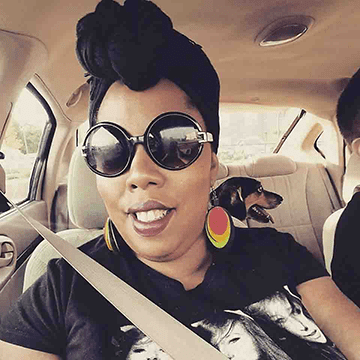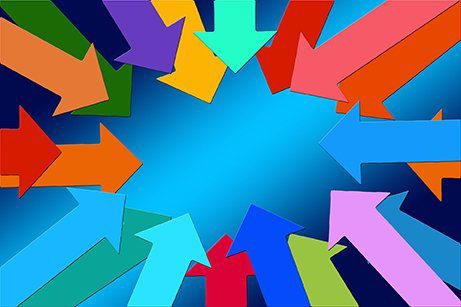Dr. Kimberle Crenshaw first coined the term “intersectionality” in the late 1980s to describe the unique experiences of black women in the context of feminism.
Crenshaw posited that because black women experienced both sexism and racism, these oppressive institutions are interconnected and cannot be examined separately.
Since then, “intersectionality” has evolved to discuss differing intersections of all kinds of oppression and marginalization. With the expansion of the definition, feminists and social justice advocates are challenged to widen their understanding of how the patriarchy affects marginalized people in different ways.
People naturally feel uncomfortable when their views and ideals are challenged, leading to defensiveness and conflict. This is where we are today.
I spend a lot of time on social media and in real-life social justice/feminist spaces. When someone posts or makes a comment about something being “oppressive,” almost always someone else chimes in to say, “I don’t think that is oppressive.”
That is the moment when the actual members of the oppressed population roll their eyes and take a deep breath, and explain. The questioner either claims ignorance, says thank you for the new information, and continues listening — or they dig in their heels, continue defending their perspective, and create an environment where marginalized people have to prove their oppression.
In mainstream feminist spaces, this heel-digging is perfected by middle-class, usually older, white women. We spend tons of time and emotional labor explaining to these people that their perspective is skewed.
We encourage them to spend time educating themselves on the experiences of people marginalized in ways they may not have experienced. The questioner often expresses that they feel picked on or singled out … and the white woman tears begin to flow.
This is frustrating on several levels:
• The original discussion has now been derailed into a crying white woman’s personal drama.
Marginalized people end up labeled as hostile, incompassionate and unhelpful in educating this person.
• An environment that was supposed to be about validating people’s oppressive experiences is now focused on invalidating some people’s experiences.
• We now are left with a messy, stressful, disheartening space for all involved.
Okay, I’m done picking on white women .. .for now.
This kind of dynamic can be found in any space. I’ve had many conflicts in pro-black spaces that want to exclude the experiences of women/LGBTQ/multiracial people, and I put on my armor to battle again for my identities.
When you have these experiences with people of your own race, gender or sexual orientation, you can feel even more frustrated and disappointed. You may feel like you’ll never find a space that fully nourishes your soul.
In fact, I’ve reached the point where I avoid some spaces for marginalized people, because they don’t make an effort to embrace all of my identities.
I adjusted my own views in this way pertaining to this year’s Women’s March. My first instinct was to defend black women and other women of color (WOC), and the complicated relationships between the black community and problematic “leaders” like Louis Farrakhan. Or the black community’s long history of black solidarity with the people of Palestine.
For years, I’ve perceived my views as solid and without need of changing. I was wrong.
But at first, when Jewish feminists challenged my views, I was upset and initially defensive. “You can’t equate the actions of Israel as the actions of Jewish people,” I was told.
I realized that to equate zionism with Jewish people was also antisemitic. Zionism is an ideology believed by non-Jewish people as well. Israel is multicultural, multiethnic and multi-religion — and the oppression of the Palestinian people is an effort of the Israeli government, not Jews.
So it took me a while to recognize the critique that saying “Israeli influence” is much different than saying “Jewish influence.” The former is accurate; the latter is antisemitic.
“Wow, I really have been going about this all wrong,” I realized. I apologized — and that’s when a few Jewish feminists provided me with resources to continue exploring on my personal time.
I also started following black Jewish people and other Jews of color (JOCs) on social media, read their stories, digested their tweets, and shared their experiences living in the intersections of race and religion. For me, this was an uncomfortable situation that forced me to admit ignorance and wrongdoing.
It also connected me to so many amazing resources that continue to help me in my social justice advocacy.
For those who feel like they are being “attacked or singled out:” all hope is not lost. Our brains are capable of absorbing new and different information, and we should not be afraid to have outdated information challenged.
Language IS important. The way we interact with each other IS important. The way we respond to civil, and sometimes uncivil, discourse is also important.
Being intersectional will continue to test you. You are gonna make mistakes. You will say the wrong thing. You will put your foot in your mouth. Be prepared to f*** up — and be prepared to learn.
You can either fight it — or you can go with the flow, and see what amazing things you will learn from other people. Stay open, stay questioning everything that you’ve learned — and for god’s sake, STAY QUIET AND LISTEN.



